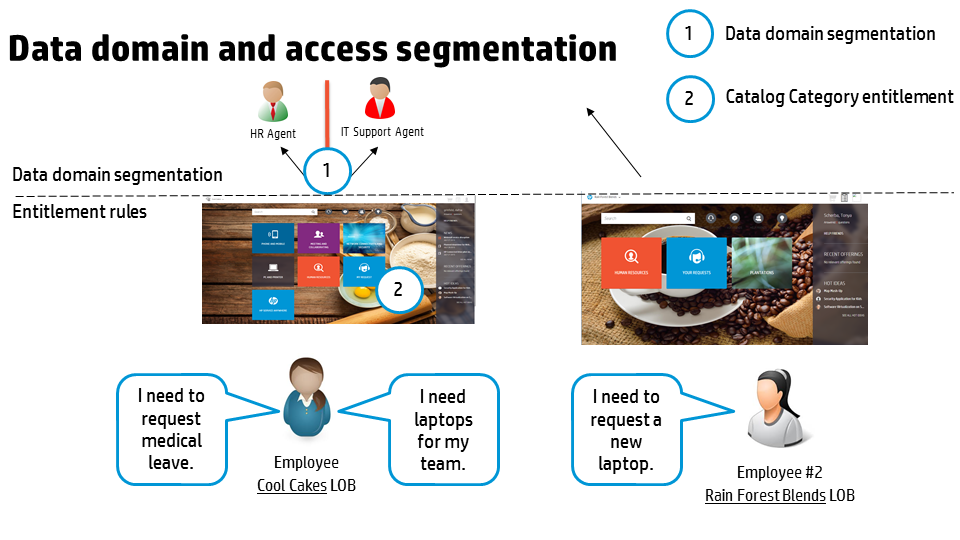Searching the Help
To search for information in the Help, type a word or phrase in the Search box. When you enter a group of words, OR is inferred. You can use Boolean operators to refine your search.
Results returned are case insensitive. However, results ranking takes case into account and assigns higher scores to case matches. Therefore, a search for "cats" followed by a search for "Cats" would return the same number of Help topics, but the order in which the topics are listed would be different.
| Search for | Example | Results |
|---|---|---|
| A single word | cat
|
Topics that contain the word "cat". You will also find its grammatical variations, such as "cats". |
|
A phrase. You can specify that the search results contain a specific phrase. |
"cat food" (quotation marks) |
Topics that contain the literal phrase "cat food" and all its grammatical variations. Without the quotation marks, the query is equivalent to specifying an OR operator, which finds topics with one of the individual words instead of the phrase. |
| Search for | Operator | Example |
|---|---|---|
|
Two or more words in the same topic |
|
|
| Either word in a topic |
|
|
| Topics that do not contain a specific word or phrase |
|
|
| Topics that contain one string and do not contain another | ^ (caret) |
cat ^ mouse
|
| A combination of search types | ( ) parentheses |
|
Data domains and entitlement rules
Data domain assignments are not the same as entitlement rules. Entitlement rules restrict offerings, knowledge articles, service definitions, service catalog categories, and custom themes in the Service Portal to limited audiences in specified locations, and belonging to specified user groups. Entitlement rules apply only to these record types (including articles and offerings) in the Service Portal and fields related to the Service Portal, such as the Catalog offering field in Request records. Data domain assignments, on the other hand, restrict access to specific records in a user's view in Service Management.
Note that data domain segmentation has no effect on the offerings that an agent is permitted to view. Offerings are visible according to their ownership.
Agents can view all active offerings, but can only request offerings for users who are entitled to them.

Related topics










